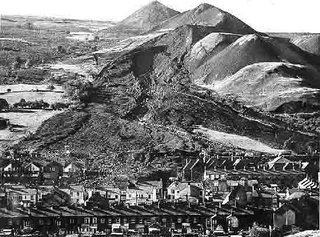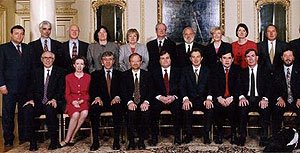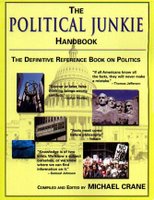 The Aberfan Disaster, which took place 40 years ago tomorrow, is my earliest memory of a news event. As I have said before on this blog, I have absolutely no recollection of England's 1966 World Cup win, but I clearly remember my mother watching the TV ashen-faced as the pit village catastrophe unfolded just a few months' later.
The Aberfan Disaster, which took place 40 years ago tomorrow, is my earliest memory of a news event. As I have said before on this blog, I have absolutely no recollection of England's 1966 World Cup win, but I clearly remember my mother watching the TV ashen-faced as the pit village catastrophe unfolded just a few months' later.I guess that was part of the reason why, as a reporter on the South Wales Echo nearly three deacdes later, I felt drawn to highlight some of the terrible injustices suffered as a result of the coal industry in a campaign called Heroes of Coal.
The history of coal in the UK has been one of appalling industrial exploitation and official neglect, right up to the previous Government's flat refusal to compensate those former miners now suffering from chronic bronchitis and emphysema. But even against that backdrop, Aberfan stands as the most notorious episode of all.
The people of Aberfan never wanted the publicity that came with the disaster and, as Melanie Doel of BBC Wales writes in this piece, tomorrow's anniversary will be marked by quiet reflection in the village. But our thoughts will be with them nonetheless.




